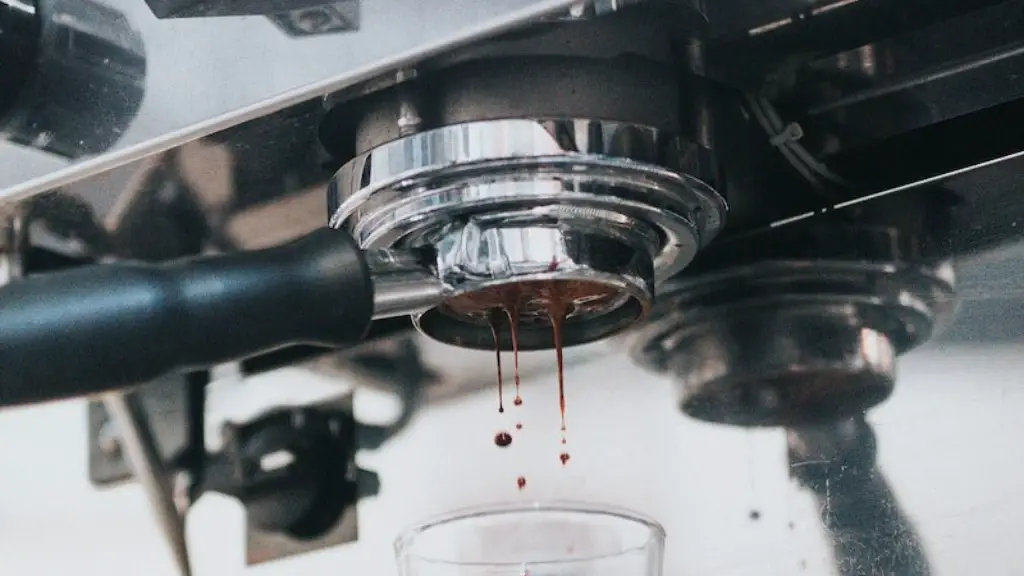Intermittent fasting is becoming increasingly popular as the go-to diet of choice for those looking to lose weight. But can you make it even more successful by combining it with coffee consumption? It’s a question that has been debated by many physicians, nutritionists and dieters alike, so to really get to the bottom of the matter, let’s take a look at the evidence.
Background Information
Intermittent fasting is an eating pattern which alternates between periods of eating and fasting. The most popular approach is the ‘ – day fasting cycle’ which requires one day of eating followed by one day of fasting. This helps to regulate your body’s insulin levels, promote fat loss and boost your metabolism. It’s considered a safe and effective weight loss strategy for those looking to make healthy and sustainable lifestyle changes, and research has shown that it can be especially effective when combined with good nutrition and regular exercise.
The Science Behind Coffee And Intermittent Fasting
When it comes to coffee and intermittent fasting, the debate centres around caffeine’s ability to affect the body’s ability to respond to insulin and glucose levels. Caffeine, in theory, can disrupt these and disrupt the body’s ability to enter into the fat-burning state that usually accompanies intermittent fasting. Research, however, has shown that this effect is minimal, and that overall, consuming caffeine does not significantly disrupt the beneficial effects of intermittent fasting. One study in particular concluded that coffee is unlikely to have major implications for those using the fasting method to achieve their goals.
Benefits Of Combining Coffee And Intermittent Fasting
While the impact of caffeine on intermittent fasting is considered to be minimal, there are some positive elements to drinking coffee during a fasting period. Firstly, it can act as a stimulant, helping to increase alertness and focus during times when food is restricted. Drinking a cup of coffee with cream or milk before or during a fasting period can also help to curb hunger, making it easier to stay on track. Finally, it can also be beneficial as part of a wider weight loss strategy, as studies have linked regular coffee consumption with reduced caloric intake and better weight management.
Downsides To Combining Coffee And Intermittent Fasting
While research suggests that the effects of combining coffee and intermittent fasting are small, there are some potential downsides to consider. Firstly, it is important to be aware that coffee is still a source of calories, which can disrupt and disrupt the body’s ability to enter into a fasting state. Secondly, caffeine can act as a diuretic, which can lead to dehydration and leave you experiencing hunger pangs and fatigue during your fasting periods. Lastly, too much caffeine can lead to high blood pressure, anxiety and insomnia.
Common Questions About Combining Coffee And Intermittent Fasting
It’s natural to have questions when deciding whether or not it is beneficial to combine coffee and intermittent fasting. Firstly, it is important to understand that there is no ‘one size fits all’ approach, as everyone’s body responds differently. Secondly, it is also important to limit coffee consumption to 16-20oz per day in order to avoid any potential downsides. Lastly, it’s always best to discuss any changes to your diet or nutrition plan with a health professional to ensure its safety and effectiveness.
The Right Balance
Although there is a degree of debate when it comes to combining coffee and intermittent fasting, the evidence suggests that, in moderation, intake of the beverage is safe and can even have beneficial properties. As with all weight loss programmes, a healthy and balanced approach is recommended. This means following your fasting programme correctly and keeping track of your total daily calorie intake. If you do choose to drink coffee occasionally during your fasting periods, it is important to limit your caffeine intake to 16-20oz and be aware of any potential negative side effects.
Conclusion
Overall, it is possible to combine coffee and intermittent fasting with success. The key is to ensure a healthy and balanced approach by keeping track of your calorie intake and limiting your caffeine consumption. With the right balance, it is possible to reap the benefits of intermittent fasting and coffee to help you reach your overall health and fitness goals.


